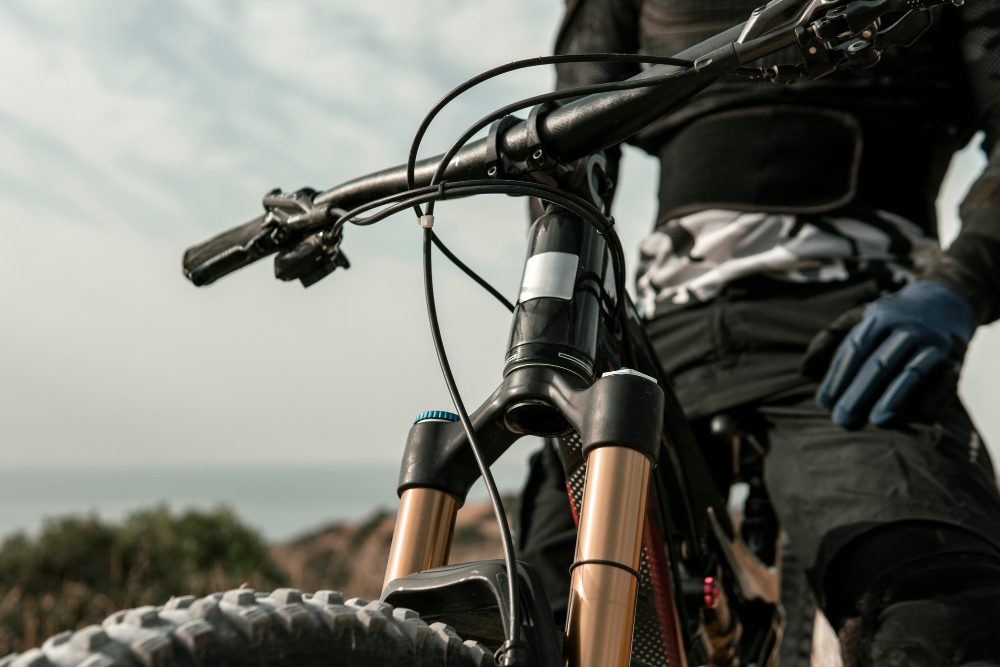Is 13 kg heavy for a road bike?
When it comes to road bikes, weight is an important factor that can significantly impact your performance and overall riding experience. Many cyclists strive for lighter bikes as they are believed to offer better speed and agility. However, determining what weight is considered heavy for a road bike can be subjective and dependent on various factors.
Understanding the Weight of Road Bikes
Weight plays a crucial role in road cycling, especially when it comes to climbing hills or accelerating quickly. Lighter bikes often allow for quicker acceleration and require less effort to climb steep gradients. In competitive racing, where every second counts, professional cyclists prefer lightweight bikes to gain a competitive edge.
Typically, road bikes range in weight from around 6 kg to 12 kg, with the average being between 8 kg and 10 kg. These weights are achieved through the use of lightweight materials such as carbon fiber frames and components like wheels and handlebars.
Considering Rider Factors
While the weight of the bike is important, it’s equally essential to consider the weight of the rider. A heavier rider may not experience the same benefits from a super-lightweight bike compared to a lighter rider. The overall weight of the bike and rider combined affects how efficient the bike will be on different terrains.
Furthermore, the intended use of the road bike should also be taken into account. If you plan to ride primarily on flat roads or long distances, the weight of the bike may not have as significant an impact. On the other hand, if you intend to tackle challenging climbs or participate in competitive races, a lighter bike could enhance your performance.
The Impact of Bike Components
When evaluating the weight of a road bike, it’s important to consider the components that contribute to its overall weight. Components such as the frame, forks, wheels, tires, groupset, and accessories all play a part in determining how heavy or light a bike is.
Although reducing the weight of the bike can have benefits, it’s essential to strike a balance between weight and durability. Extremely lightweight bikes may compromise on strength and stiffness, potentially affecting the bike’s stability and handling.
Do better wheels make you faster?
When it comes to road biking, having a lighter and more aerodynamic setup can greatly impact your speed. One crucial component that can make a significant difference is the wheels you choose for your bike. But the question remains, do better wheels truly make you faster?
Weight and Speed
Lighter wheels can indeed make you faster on the road. By reducing the rotational weight of your bike, you can accelerate quicker and maintain higher speeds with less effort. However, it’s important to note that the weight of your entire bike, including the frame, fork, and other components, also plays a role in overall performance.
Aerodynamics and Efficiency
Beyond weight, the aerodynamics of your wheels can have a significant impact on your speed. Wheels with deep-section rims or aero profiles are designed to reduce drag, allowing you to cut through the air more efficiently. This can be especially beneficial when riding at high speeds or in windy conditions.
Choosing the Right Wheels
When considering upgrading your wheels for improved speed, there are a few factors to keep in mind:
- Consider your riding style and goals. Are you aiming for maximum speed on flatter terrain or tackling hilly routes?
- Choose the appropriate rim depth based on your needs. Deeper rims offer better aerodynamics but may be heavier.
- Consider the type of roads you frequently ride on. If you encounter rough surfaces or potholes, durability becomes more important than pure speed.
Remember, while better wheels can enhance your speed, they are only one piece of the puzzle. It’s essential to maintain a balanced and well-maintained bike overall for optimal performance. Regular maintenance such as keeping your tires properly inflated and ensuring your drivetrain is clean and lubricated can also make a difference in your speed and efficiency.
“Investing in high-quality wheels is a worthwhile consideration for any serious road cyclist looking to improve their performance.”
If you’re interested in comparing different wheel options, here’s a quick overview of some popular choices:
| Wheel Model | Weight | Aerodynamics | Price Range (£) |
|---|---|---|---|
| Zipp 303 Firecrest | 1,530g | High | £1,500 – £2,000 |
| Hunt AeroLight Disc | 1,450g | Medium | £700 – £900 |
| Mavic Cosmic Pro Carbon SL UST | 1,450g | High | £1,200 – £1,500 |
Ultimately, the decision to invest in better wheels depends on your specific needs and budget. Consider consulting with a reputable bike shop or seeking advice from experienced cyclists to help guide you in making the right choice for your riding goals.



